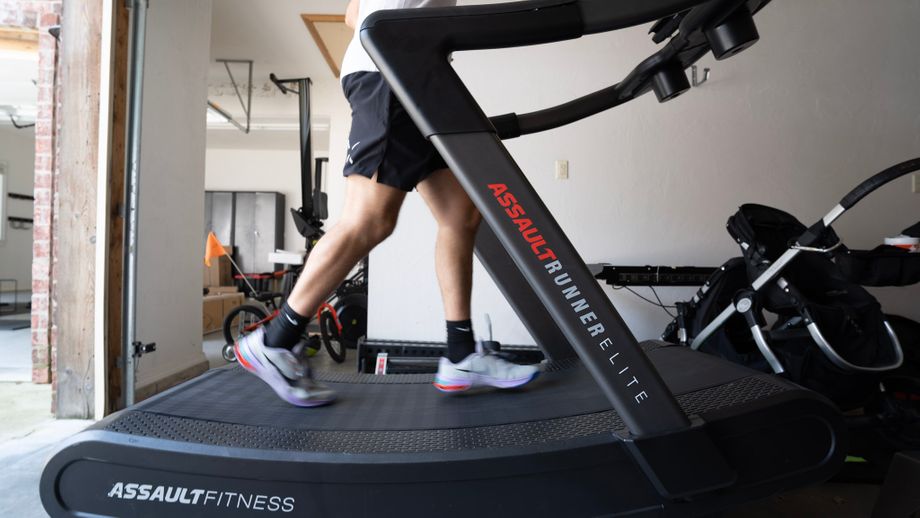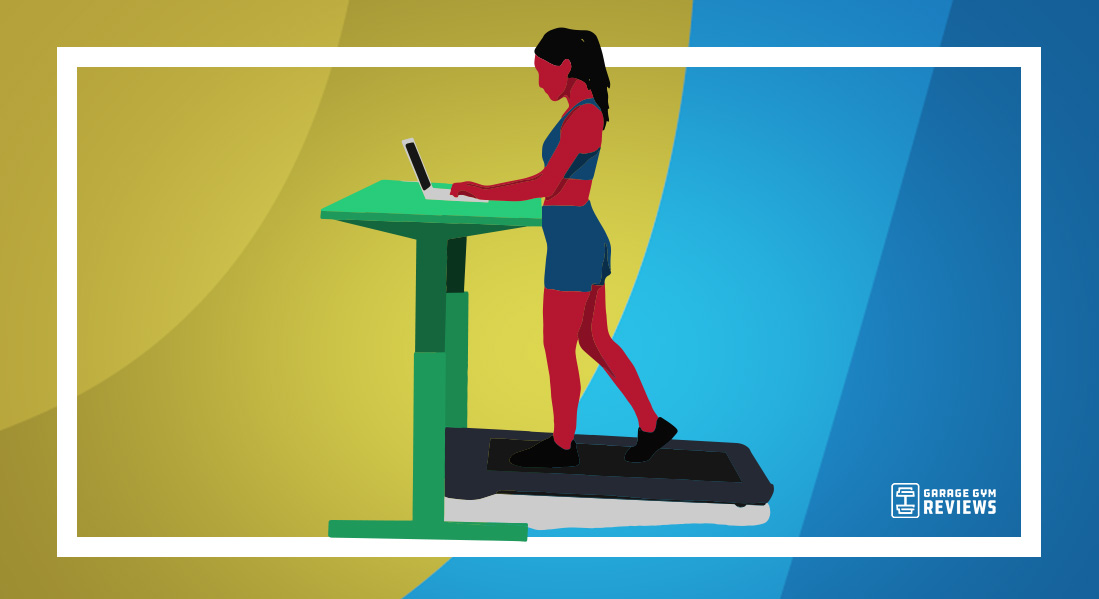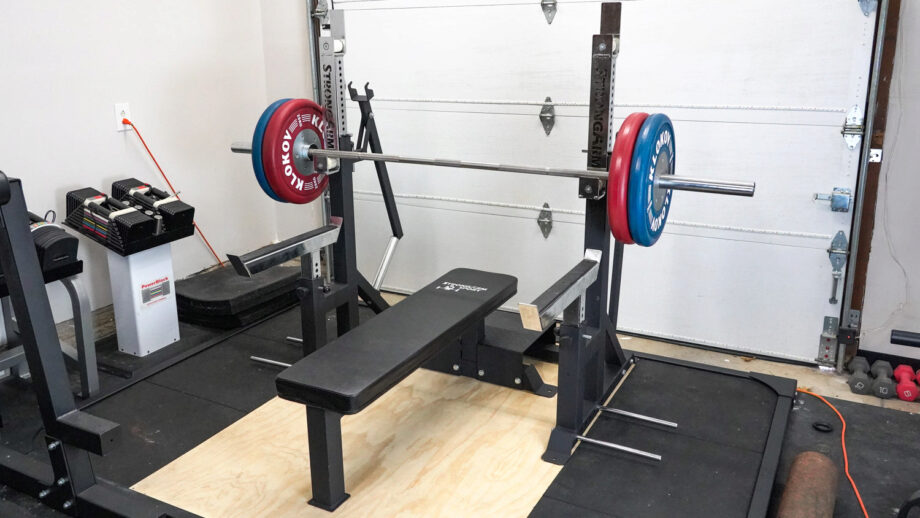Anger is a perfectly normal emotion that we all experience from time to time. It can stem from underlying causes, such as sadness, guilt, fear, or stress, but the strong emotion can have lasting health impacts if not addressed. With our long-term health in mind, many of us want to get ahead of our anger and are looking for tools to add to our anger management toolbox. Enter exercise for anger.
Regular physical activity has long been associated with improved mood, but research is starting to explore its full range of mental health benefits, specifically regarding anger management efforts.
Exercise has been shown to improve feelings of anger, but not all forms of exercise operate under the same mechanisms. This article will review the impact of physical exercise on anger management and look at some of the best exercises to try when you’re feeling mad.
Anger and Its Effects
Researchers define anger1 as an emotional state with varying intensity, ranging from mild annoyance to intense fury. Even though anger can be a healthy part of your emotional repertoire, it can take a toll on your body and affect your overall well-being by contributing to several health conditions.
For example, research has shown that anger, through its impact on the sympathetic nervous system, has a positive association with atherosclerosis or coronary artery disease. In addition, anger can result in an excessive release of stress hormones that can ultimately cause various cardiovascular issues, including hemodynamic and metabolic modifications, disruptions in cardiac rhythms, and vascular problems.1
Anger has also been connected to developing type 2 diabetes through its association with poor health behaviors or the activation of the sympathetic nervous system and the resulting inflammatory response.1
Science has also linked negative emotions (like anger) to eating disorders. While eating disorders are very complex and involve many factors, anger is considered a causal factor for bulimic behavior.1
And last but not least, anger (read road rage) is associated with an increased risk of road accidents. In fact, research has found a connection between driving anger and crash-related conditions, such as losing control of one’s vehicle and losing concentration.1
How Exercise Can Help Anger
Sometimes anger is unavoidable. From adolescents to older adults, we all deal with frustrations that can lead to feelings of anger. Thankfully, we can rely on lifestyle habits and other interventions to help with our anger management.
Regular exercise is one of the most accessible forms of anger management. It can help you control the intensity of your emotions and process things that may lead to negative emotions. But how?
Elle Woods once said, “Exercise gives you endorphins, and endorphins make you happy,” and she wasn’t wrong. Endorphins are hormones2 that your body releases when it feels pain or stress. They’re produced in the brain and act as messengers throughout the body. As a result, they can help relieve pain, reduce stress, and improve your mood. And guess what? Exercise can boost the production of endorphins and release them into the bloodstream, encouraging feelings of contentment.
However, as confirmed in a 2019 study published by Medicine & Science in Sports & Exercise3, there is a definite need for more research regarding exercise and its effects on angry emotions.
Exercises for Anger
Some people may find it challenging to channel their energy in a workout while negative emotions consume their brain space. Thankfully, as researchers continue to unpack the connection between emotion and exercise, we’re finding that there are many different ways for people to sweat out their anger.
Some people prefer to release their anger through fast, powerful movements, such as high-intensity intervals, boxing, and sprints. Others might like to calm their rage and decrease their heart rate through deep breathing exercises or yoga. And some might support their emotional well-being by combining the two.
Let’s discuss some of the best exercises that can help manage anger:
Running
Have you ever gone for a run and come home in a bad mood? Yeah, me neither. Running is a great aerobic exercise that can help clear your headspace in a healthy way. Whether you hit the pavement or log your mileage on a treadmill, running releases endorphins and allows you to process any potential anger triggers. You might even consider starting your day with a run to proactively protect your mental space and set your day up for success.

If you need a low-impact cardio workout, consider riding a bike instead of running. You can take it to the road or hop on a stationary bike. You might even join a cycling class for the added fellowship with gym friends.
Boxing
Boxing engages the whole body, burning calories and building strength in your upper and lower body. In addition, it requires mental focus and strong physical exertion, both of which can be helpful interventions in controlling anger.
Many boxing gyms and studios offer boxing classes or personal training. But if group classes aren’t your jam or you prefer to work out at home, consider adding a standing punching bag to your gym equipment. In addition, you can try any number of training apps available through online fitness platforms and train under the guidance of a qualified trainer from the comfort and convenience of your own home gym.
HIIT
High-intensity interval training, or HIIT, can be an excellent form of exercise to include when trying to manage your anger. It requires intense focus and concentration and will get your heart rate up quickly while burning calories fast.

And the best part? You don’t necessarily need any fancy equipment to crank out a vigorous HIIT workout. Something as simple as a jump rope can help move your body and clear your headspace.
Yoga
If you prefer to calm your anger, yoga might be a great way to navigate your anger management. Mind-body practices have been shown to help lower blood pressure and affect mood in a positive way. A 2022 study published in Cureus4 found that yoga, compared to meditation and pranayama, has a more prominent effect on reducing anxiety, depression, and anger.

Since yoga has the potential to improve your physical, spiritual, and mental health, it may be one of the best anger management exercises for those who wish to calm their negative emotions. There are many different types of yoga, so consider trying various classes to find one that fits your needs.
Meditation
While meditation isn’t necessarily a workout, per se, it can certainly help you learn to focus your mental energy on self-healing and bring awareness for mental clarity.
Meditation practice doesn’t require taking a class, but you might consider guidance from reputable sources before starting. There are many books and apps that can walk you through meditation and help you maximize its benefits as they relate to anger. And maybe, just maybe, regular meditation can help prevent some anger from occurring in the first place.
Of note, if you’re feeling angry, you may want to let your blood pressure come down before starting your workout. Furthermore, be mindful of your form. Sometimes anger can manifest as tension in your body, and unfortunately, tense bodies are at risk for injury. So, no matter what exercise you choose, don’t forget to warm up and always, always, always listen to your body.
Exercise for Anger: Final Thoughts
Regular exercise offers many health benefits, especially regarding mental health support. Many health professionals recommend regular physical activity to help reduce stress levels and navigate anger issues.
However, caution is also essential when mixing emotion with exercise. Know your limits and monitor your heart rate to avoid overexertion and potential injury. If you aren’t sure how to incorporate exercise into your anger management practices, consider working with your health professional and a certified personal trainer to design a training plan that fits your needs.
- Anger can negatively affect our overall health and well-being.
- Anger can contribute to cardiovascular conditions, the onset of type 2 diabetes, and other health concerns.
- Exercise can reduce stress, anxiety, and depression, which can contribute to anger.
- Exercise can help anger by releasing endorphins, hormones that reduce stress, relieve pain, and improve mood.
- Different forms of exercise offer their own benefits.
- You can calm your anger with exercises like yoga and meditation.
Exercise for Anger: Q&A
Which exercise is best for anger?
The best anger management exercises will vary between individuals based on their medical history and fitness level. Something as simple as a brisk walk can help support your mental and emotional wellness, but some may prefer more intense physical activity like boxing, weight lifting, or HIIT. No matter what exercise you choose, be sure to warm up properly and listen to your body. Don’t let your anger mask any cues that indicate your body needs rest or recovery.
What activities help release anger?
Activities like boxing, running, biking, and high-intensity interval training can help release anger. You can also try hiking in nature, walking your dog, or weight lifting.
What is the fastest way to relieve anger?
Outside of breaking something or screaming into your pillow, cranking out a challenging workout can be one of the quickest ways to relieve anger. Just don’t forget to warm up in your rush to alleviate your negative emotions.
Is it good to exercise when angry?
Although you may be tempted to exercise while angry, it may be best to allow your blood pressure and heart rate to come down before getting your sweat on. Also, if you work out while your body is tense, you may not use the proper form, which can increase your risk of athletic injury.
References
- Staicu, M., & Cuţov, M. (2010). Anger and health risk behaviors. Journal of Medicine and Life, 3(4), 372-375. https://doi.org/https://www.ncbi.nlm.nih.gov/pmc/articles/PMC3019061/
- Endorphins: What they are and how to boost them. Cleveland Clinic. (2022, May 19). Retrieved January 8, 2023, from https://my.clevelandclinic.org/health/body/23040-endorphins
- Thom, N. J., O’Connor, P. J., Clementz, B. A., & Dishman, R. K. (2019). Acute Exercise Prevents Angry Mood Induction but Does Not Change Angry Emotions. Medicine and science in sports and exercise, 51(7), 1451–1459. https://doi.org/10.1249/MSS.0000000000001922
- Lata, M., Mondal, H., Kumar, M., Kapoor, R., & Gandhi, A. (2022). Effect of Practicing Meditation, Pranayama, and Yoga on the Mental Health of Female Undergraduate Medical Students: An Interventional Study. Cureus, 14(9). https://doi.org/10.7759/cureus.28915







